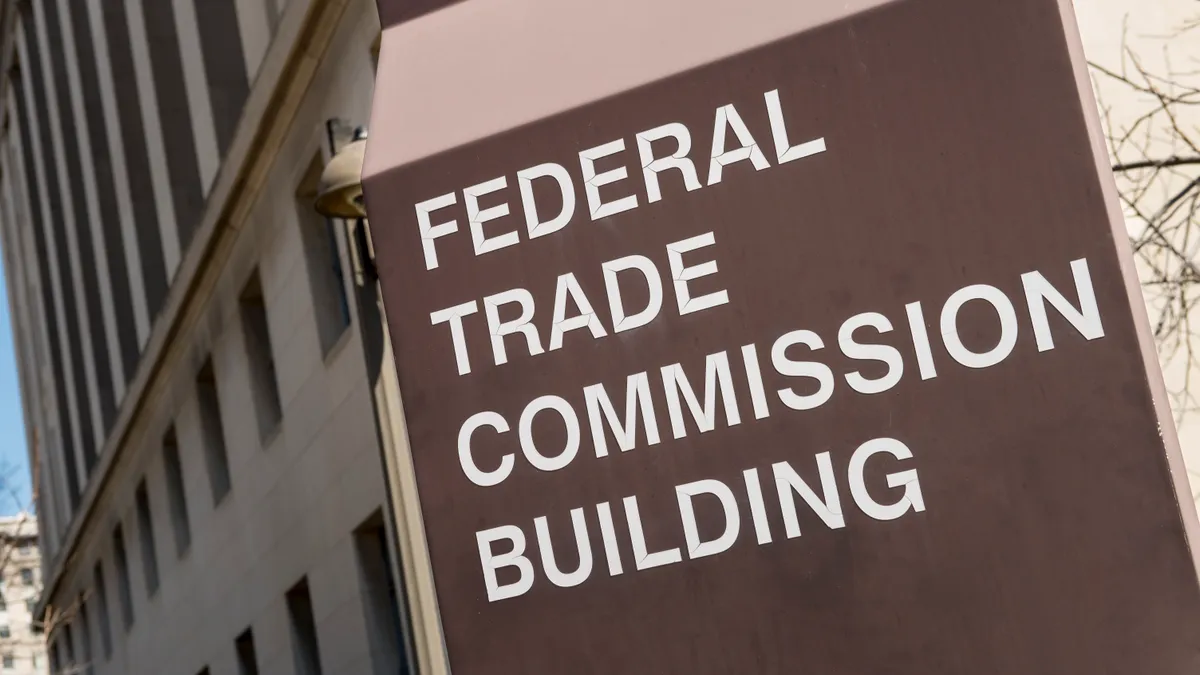The Federal Trade Commission has ordered Guardian Service Industries, Inc., a building services contractor in New York, to stop enforcing its no-hire agreement that prohibits building owners and other service contractors from hiring its employees, according to a Dec. 4 announcement.
In a formal complaint, the FTC alleged Guardian includes no-hire agreements in its customer service agreements with residential building owners in New York and New Jersey.
“Guardian, operating as a middleman, has restricted building owners and competitors from hiring workers while also forcing mostly low wage employees to accept unfair employment terms that restrain job mobility, wage growth and their economic freedom,” Henry Liu, director of the FTC’s Bureau of Competition, said in a statement. “The FTC will continue to investigate business practices that restrict accessible opportunities for workers.”
The FTC complaint said Guardian’s no-hire agreement limited employees, including concierge personnel, custodians and maintenance technicians. Under the agreement, building managers couldn’t hire Guardian employees even after a contract ended. In some circumstances, employees were forced to leave their jobs if the building they worked at changed management, the FTC said.
Under the FTC’s proposed consent order, Guardian must stop enforcing the no-hire agreement or telling any prospective or current customer that employees are subject to a no-hire agreement. The company is also required to notify employees about the FTC order and not charge any fees or penalties related to an existing no-hire agreement.
The Department of Justice has previously ruled against no-poach agreements, including a 2022 case where a nursing services contractor was fined $134,000 for working with a competitor to allocate nurses, fix wages and eliminate competition. The FTC has said companies can face penalties for crafting agreements that constrain competition and wages.
However, in late 2023, the DOJ dismissed its first-ever criminal no-poach indictment, which could signal a shift in enforcement efforts, particularly against no-poach agreements as per se violations of the Sherman Act. The Society for Human Resource Management, for instance, said the possibility of per se liability could create “substantial risks” for HR departments.












